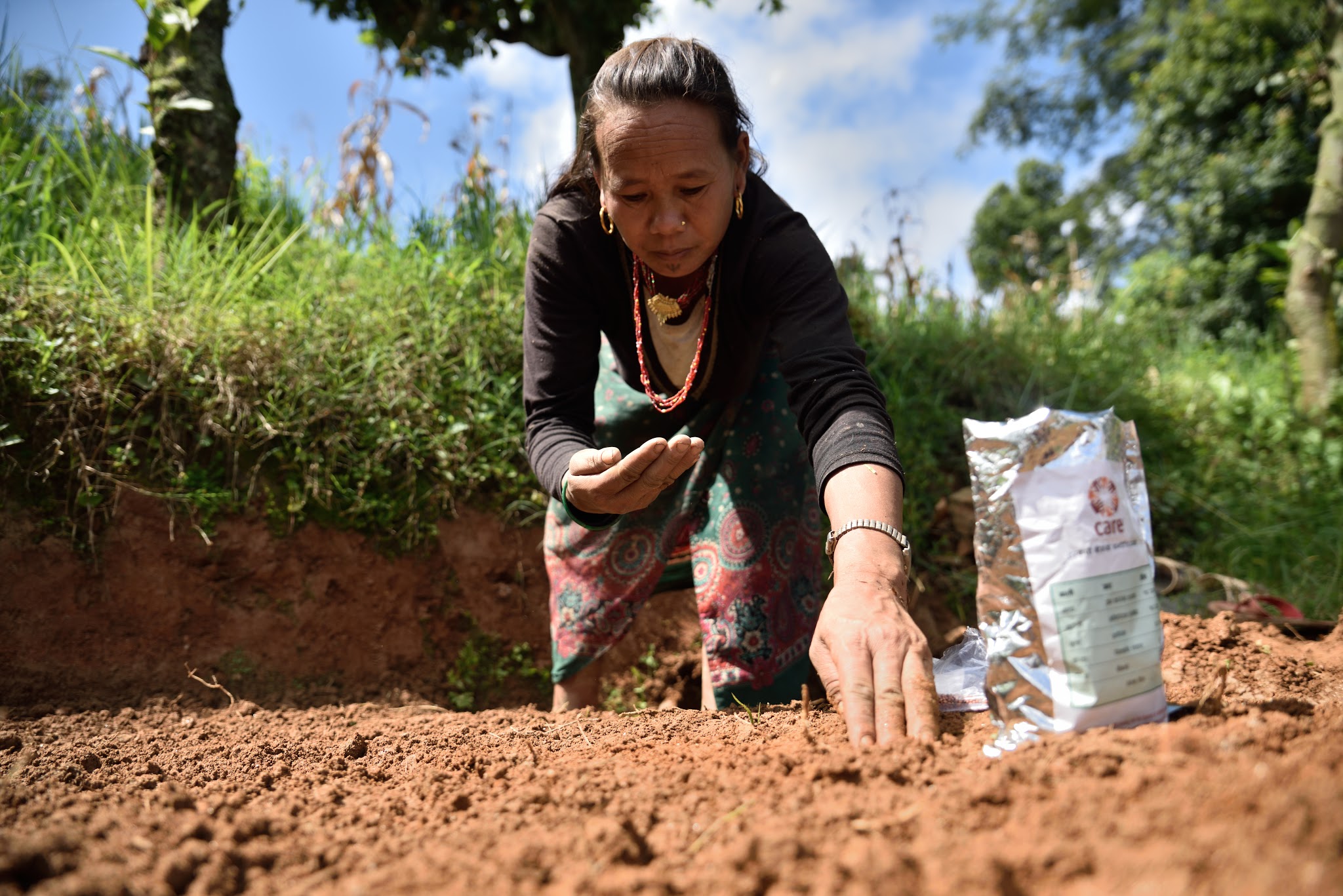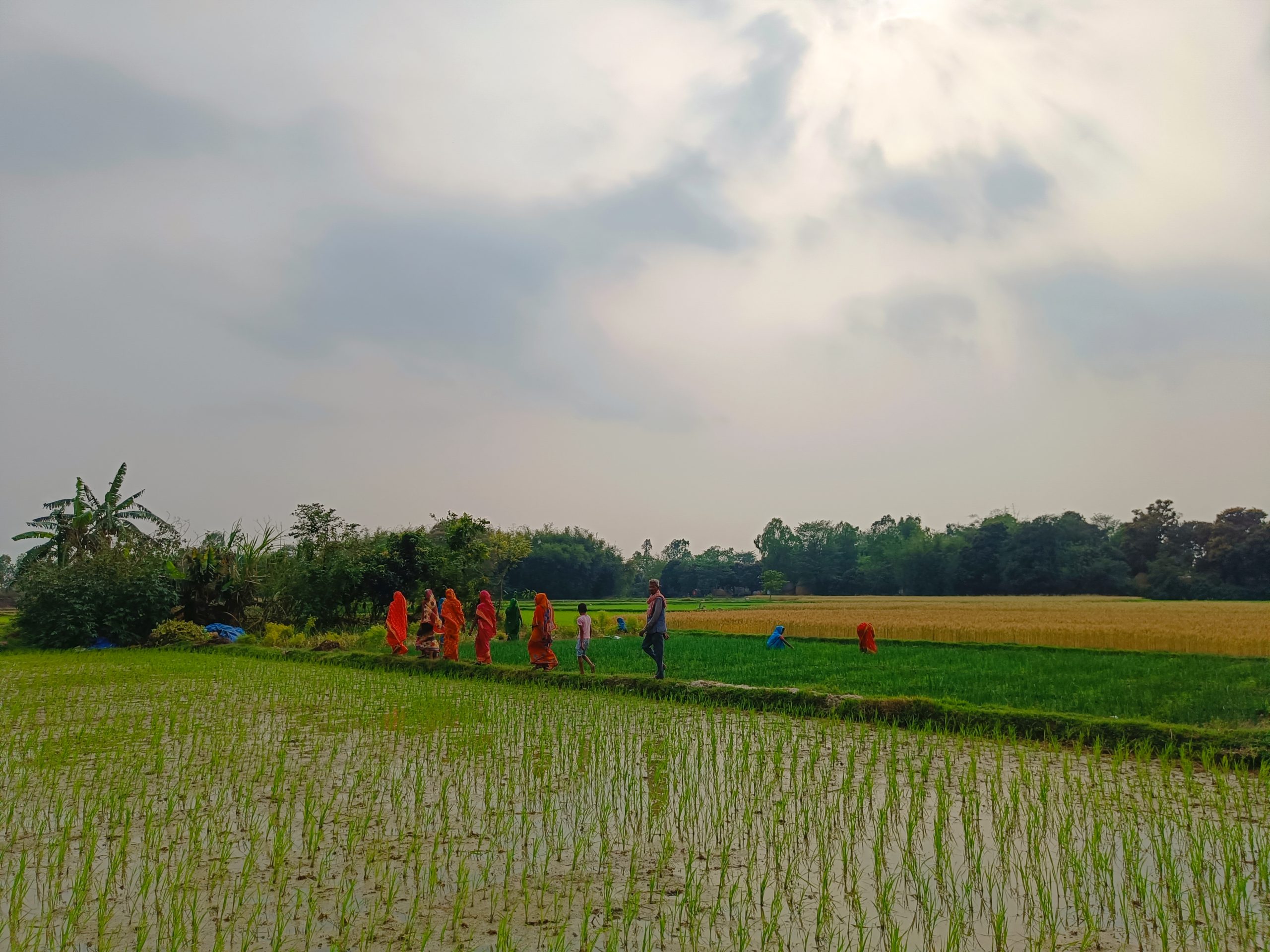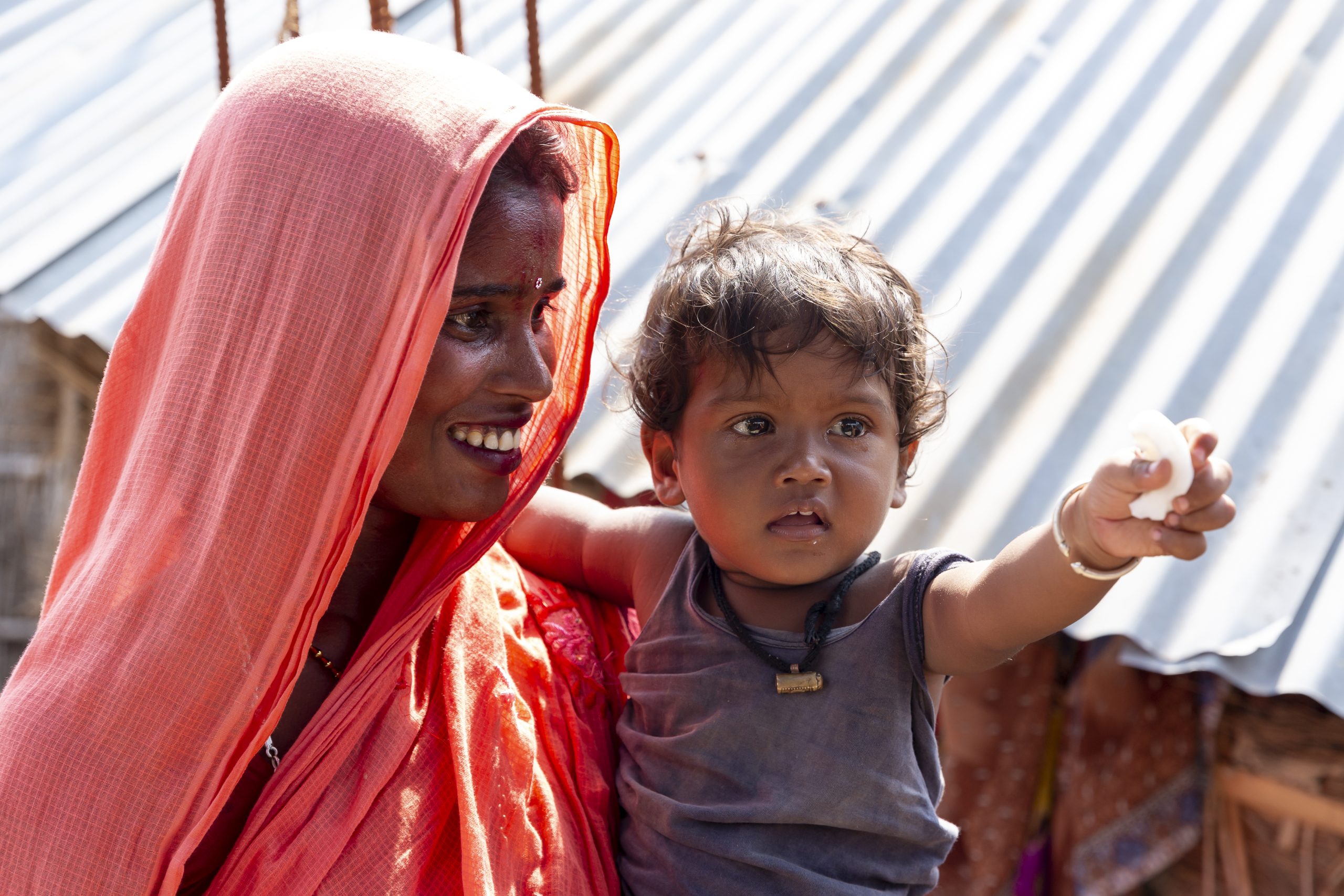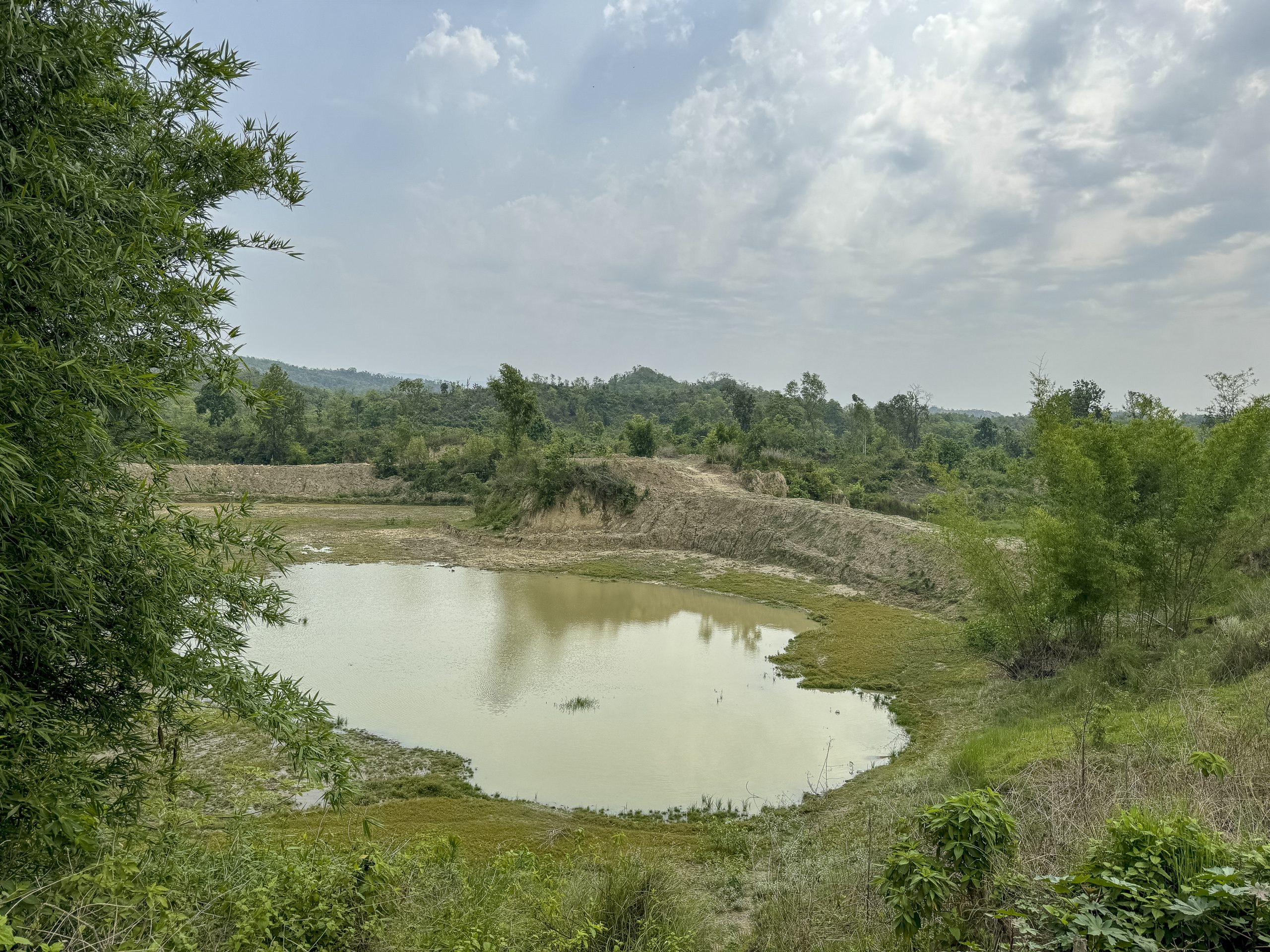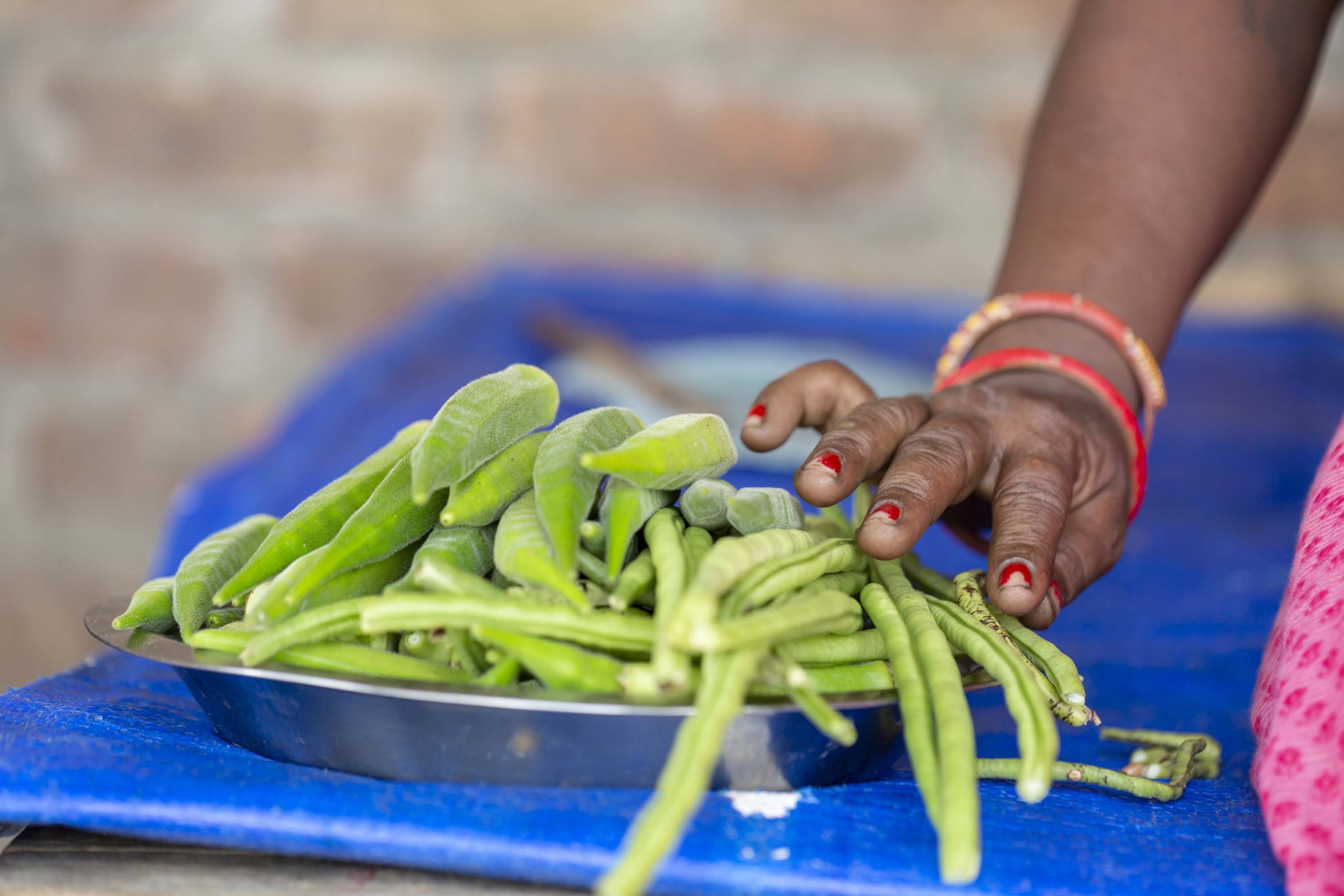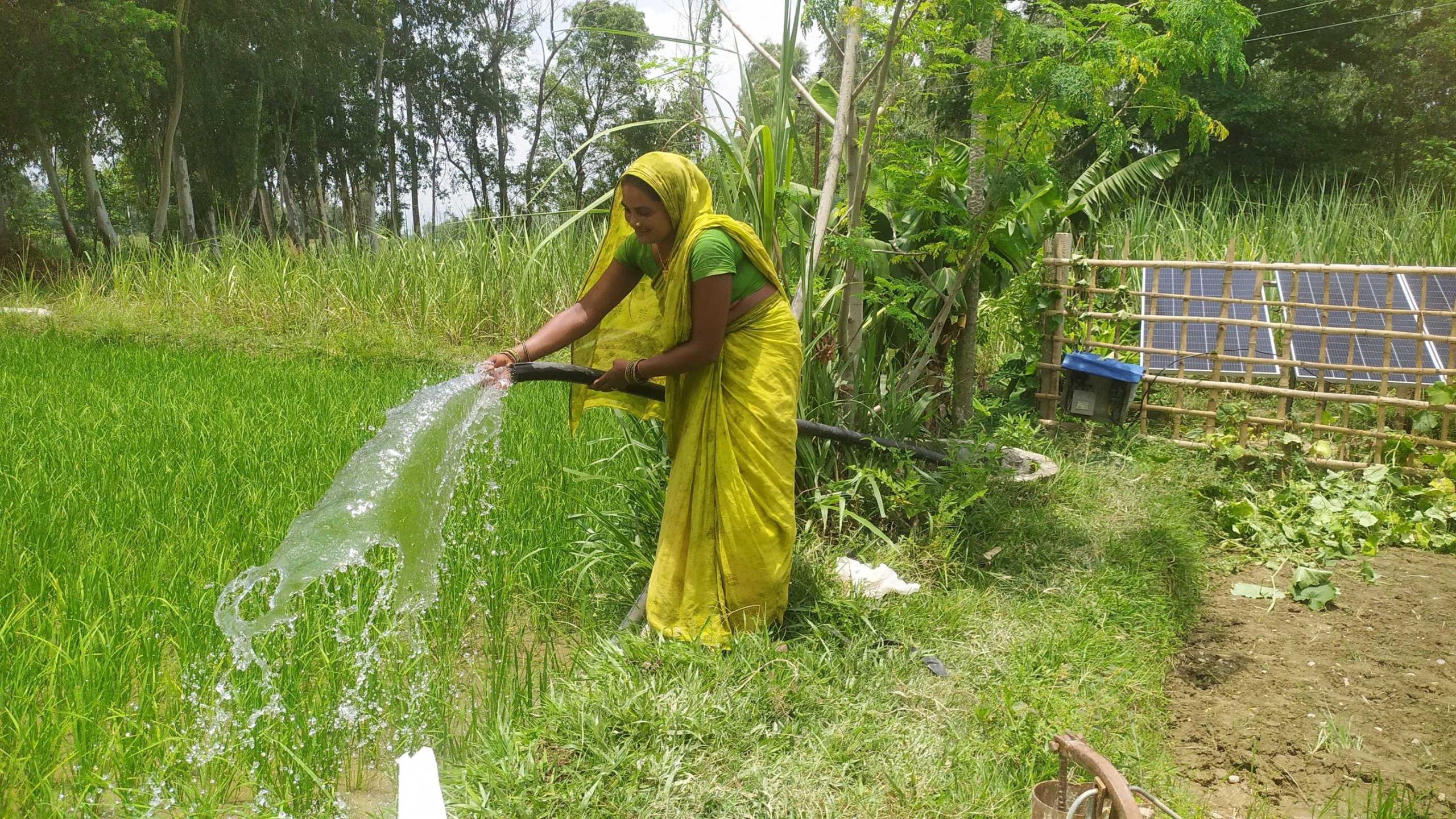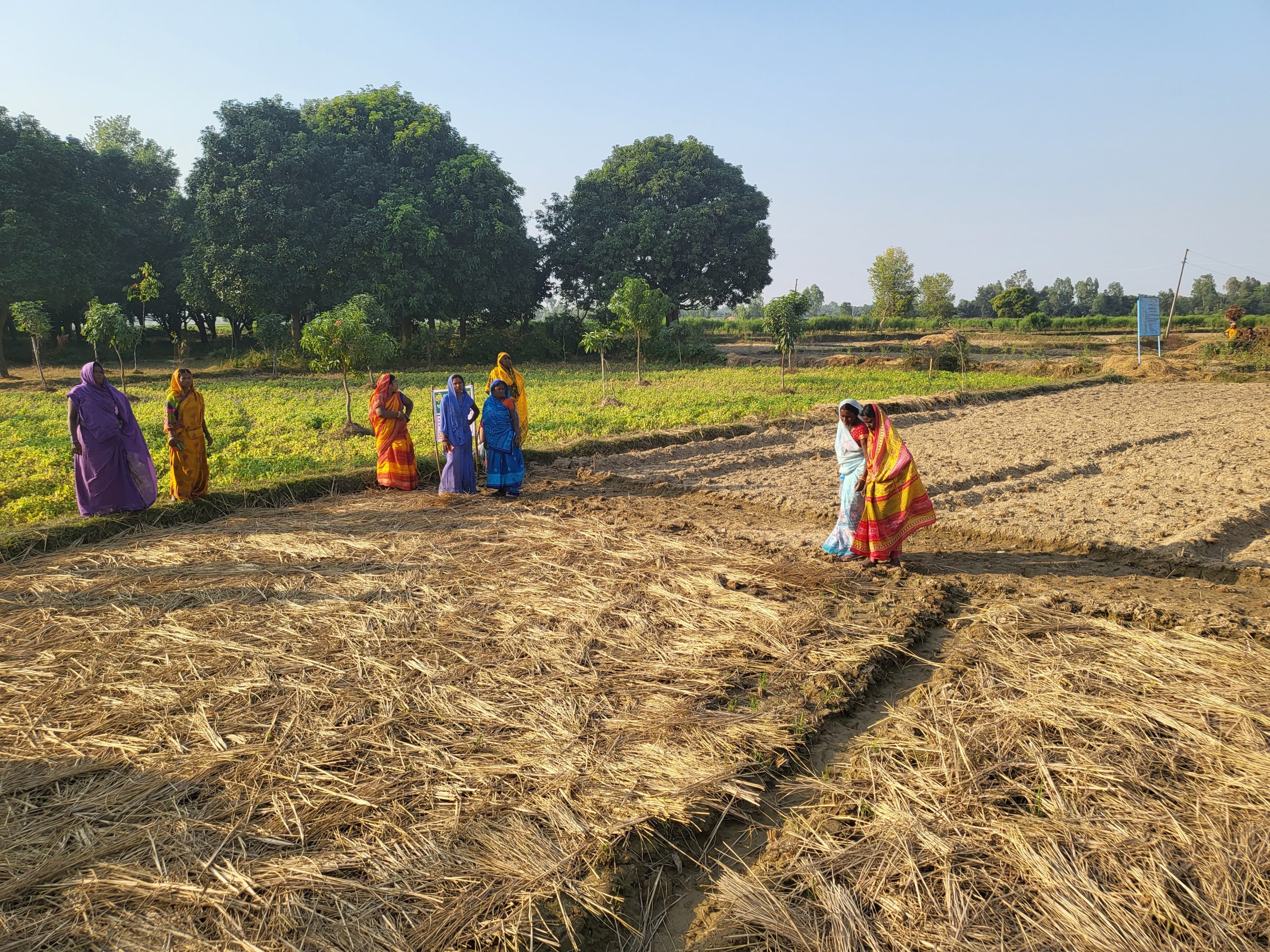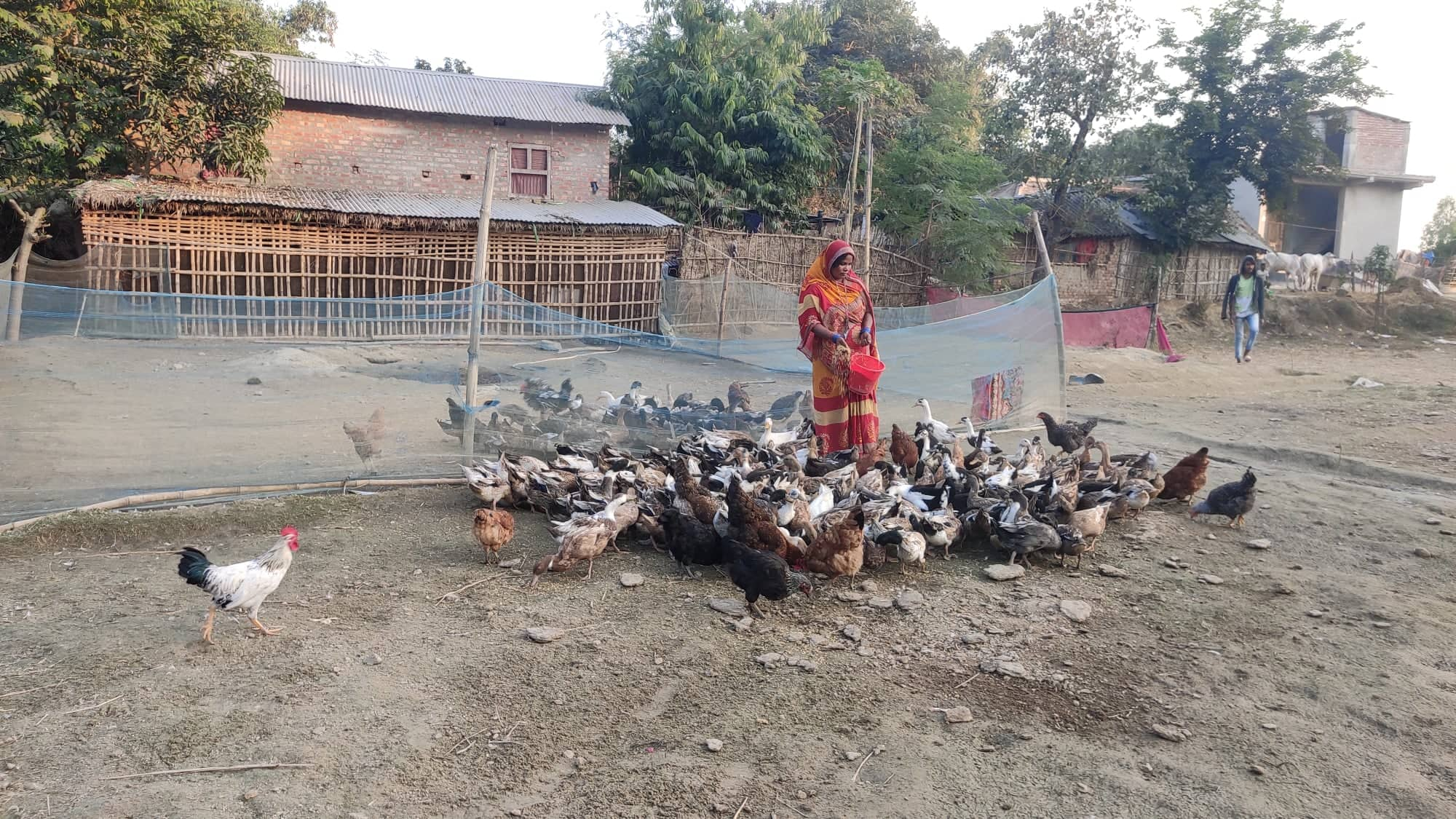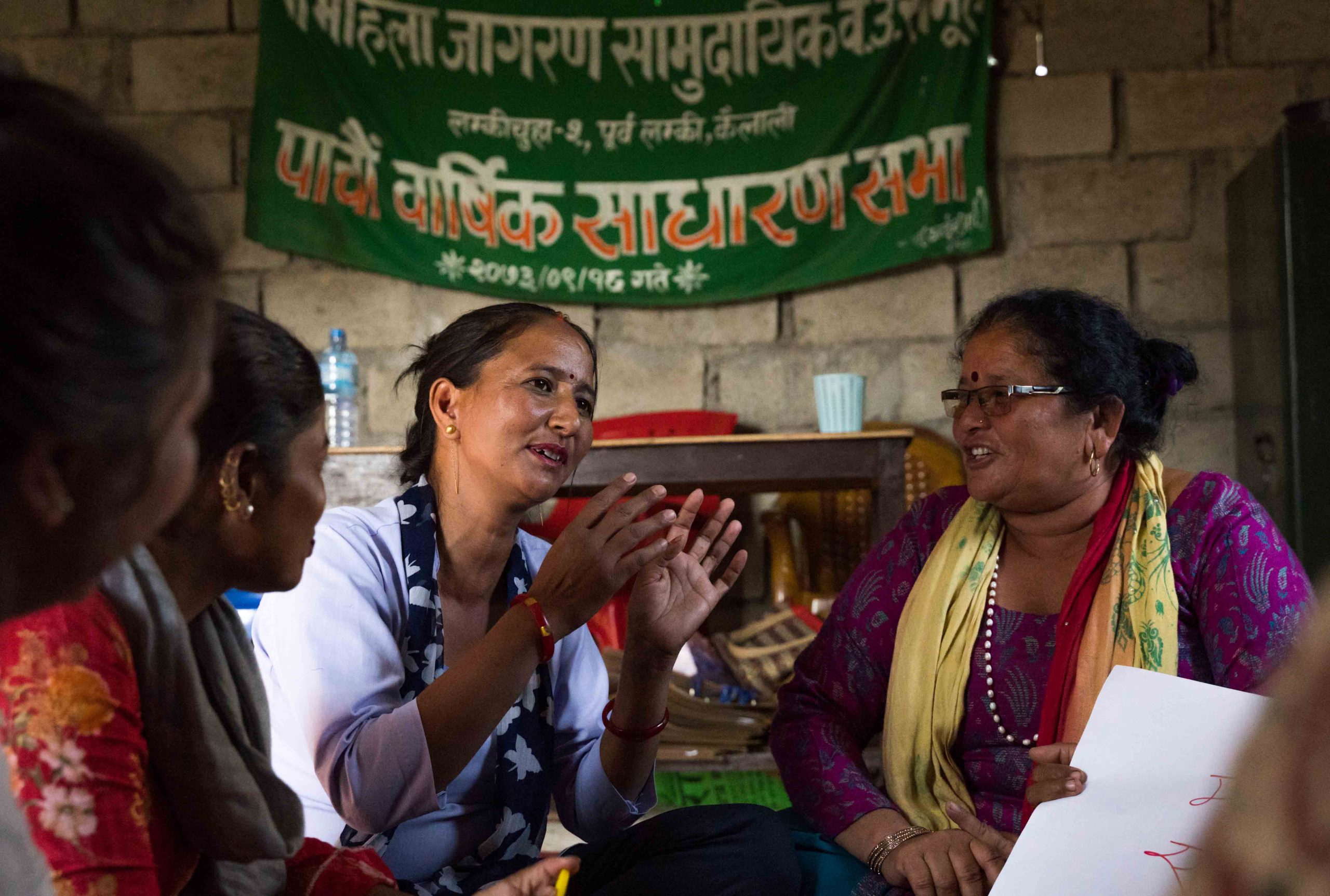About Green Growth & Women's Economic Resilience
CARE Nepal is committed to ending hunger and malnutrition. The continuing environmental degradation, climate change, power imbalances, and the rising economic crisis raised by COVID-19 and Russia-Ukraine War, makes this effort more challenging than ever. To combat these challenges, we have been working with our target communities under this theme to achieve improved and diversified food and nutritional security, equitable natural resources management, safe and dignified workplaces, just economic opportunities, and resilience against the impacts of climate change.
We aim to reach 0.44 million affected people to improve their food and nutrition security, climate change resilience, and equitable access to dignified economic possibilities. We have influenced policy making in Nepal by helping 50 local governments develop comprehensive climate resilient agriculture laws. Additionally, we worked with local governments to increase the use of categorization-based farmer ID cards;agricultural insurance programs; access to land for farming; nutrition gardening; community based land management practices; Identification, Verification and Registration (IVR) of landless and informal settlers; including land probable for distribution; nutrition diversity models; and agrovet advisory services aimed at strengthening the resilience of people vulnerable to climate change. We have developed new models for Enterprise Learning Centers (ELCs) and Access to Finance (A2F) and scaled the tested approaches. We have worked with governments at all levels to reform policies and promote effective practices by leveraging resources to sustainably impact the lives and livelihoods of our target population.
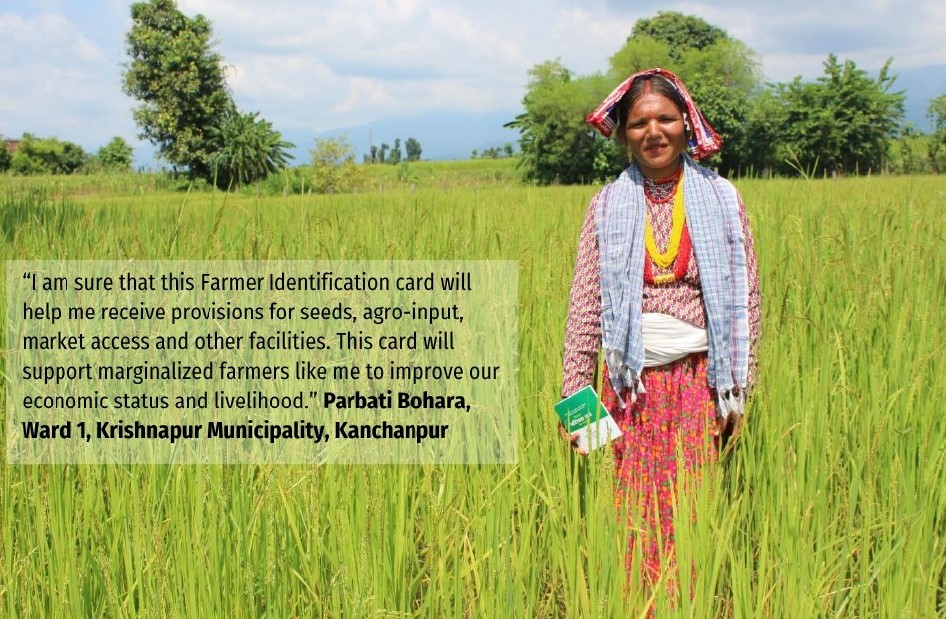
We continued our partnership and strategic collaboration with people’s movements and civil society organizations such as National Land Rights Forum (NLRF), National Farmer Groups' Federation (NFGF), Federation of Community Forest Users Nepal (FECOFUN), Nepal Development Initiative (NEDI) Nepal Mahila Ekata Samaj (NMES), and Federation of Home- Based Workers to sustainably accelerate and scale our work. Additionally, we engaged with academic institutions, research organizations, municipal, provincial, and federal governments, and corporate entities, including strategic alliances with the Kathmandu University School of Management, National Association of Rural Municipalities in Nepal (NARMIN) and the Federation of Women Entrepreneurs Association of Nepal (FWEAN) to add value to our work.
We will continue to advocate for equitable access of women, landless and marginalized people providing economic opportunities and resources for sustainable economic development, natural resource management and its just distribution together with the provision of dignified workplace for women and its impact in informal sectors, and climate adaptation to address differential impacts of vulnerable communities. In line with SDG zero hunger objective, CARE Nepal will continue its efforts towards increasing food and nutrition security through production, dietary diversity, and nutritional behavior change. Similarly, CARE Nepal will prioritize developing and testing a differential impact assessment approach, mainstreaming Farmers Field Business School (FFBS) model, and scaling up climate-resilient land and agricultural models.

